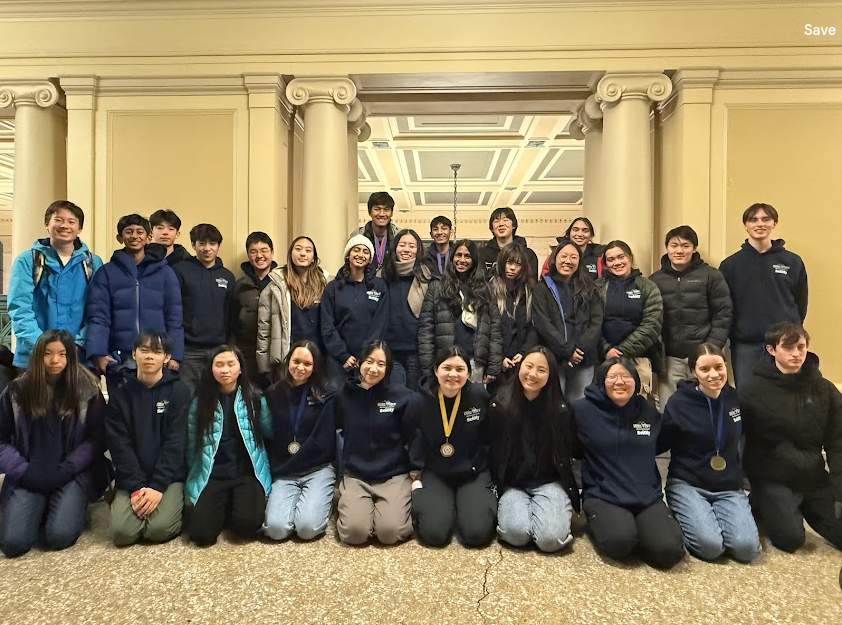Salim and Greg* expressed similar sentiments of not wanting to permanently damage their perpetrator’s lives by reporting the assault, but both felt their perpetrators should be reformed or educated in some way.
“We all agreed that we didn’t want this issue to stand in the way of my perpetrator’s education and life. [Family and friends] wanted [the incident] to be a turning point for him in realizing what he did, not punishing him for it,” Salim said.
Both of their perpetrators have met with therapists. Salim suggested consent education as a preventative means of minimizing sexual assault and harassment in the future.
“I think there needs to be a lot more talk about consent, especially about affirmative consent,” Salim said.
Effective at the beginning of 2016, Governor Jerry Brown signed Senate Bill 695 into law, requiring health classes to teach the “yes means yes” standard of affirmative consent as a condition of high school graduation. While MVHS’ on-site health class meets California’s legal requirements, only about 60% of students take the course, according to health teacher Heather Boyle. Others opt for alternatives, including an online health course for high school students that is offered by Brigham Young University or a two-week summer program offered through the MVLA Adult School.
BYU is owned and run by the Mormon Church, and their honor code “requires all members of the university community to manifest a strict commitment to the law of chastity,” according to the university website. The university’s health course adheres to Utah state requirements for sex education, which are significantly different from those of California.
Similarly, the health course offered through the MVLA Adult School is not in compliance with SB-695. According to Adult School coordinator Janie Garcia, the course offers information about STDs and pregnancy, yet does not cover affirmative consent.
The curriculum for the course is outsourced from an Arizona-based company called Odysseyware, which, like BYU, is not required to align curriculum with California state requirements. Garcia said that because the Adult School is a division of the district, any changes to their curriculum, including updates to meet state requirements, must be prompted by MVLA’s Educational Services department, which is headed by Associate Superintendent Brigitte Sarraf.
Although affirmative consent education is now a graduation requirement mandated by SB-695, and BYU online health does not teach affirmative consent, Sarraf said the district will continue to offer BYU as a health alternative.
“I don’t see [the option of BYU online health] going away because the district encourages alternatives for students to seek opportunities to meet graduation requirements in an alternative manner,” Sarraf said. “BYU is used as an online provider accessible to students for a wide variety of courses, and we do not feel that it would be fair for us to say that you can take math from BYU, but you can’t take health.”
When asked whether she thinks it is okay to send students off beyond high school with abstinence-only education, Sarraf responded “we are not sending students off, we are just not interested right now in restricting student choice in terms of what they take online and what they take with us.”
According to a law firm consulted by Oracle, “to the extent that curriculum from a religious institution is adopted, the district would have to insure that the curriculum..is in compliance with definitional requirements for teaching the “affirmative consent standard.’” Thus, in order for students to legally receive graduation credit from the BYU or MVLA Adult School courses, the curriculum must align with the mandate of SB-695, which, according to Boyle, it does not.
“I can say confidently that I don’t think BYU online health is in compliance with California state requirements,” Boyle said.
Examining Consent Education
Feb 11, 2017
Donate to Oracle
$2685
$7800
Contributed
Our Goal
Your donation will support the student journalists of Mountain View High School. Your contribution will allow us to continue publishing six print issues a year and cover our annual website hosting costs. For a tax-deductible donation please visit the Spartan Webstore.


































